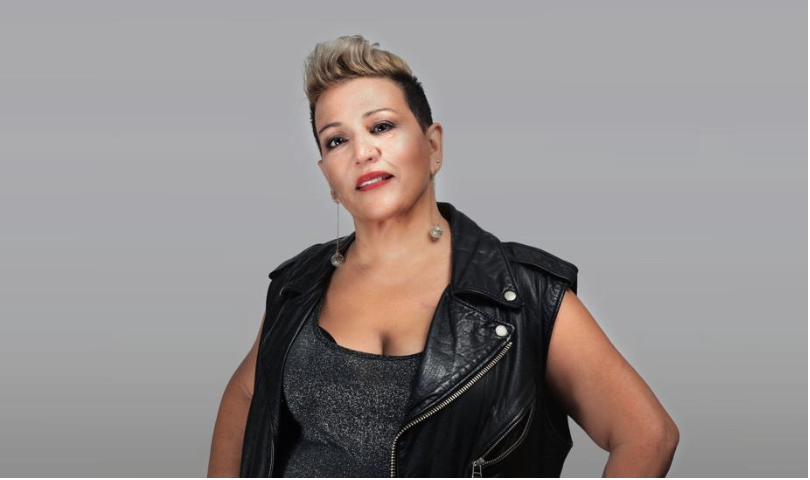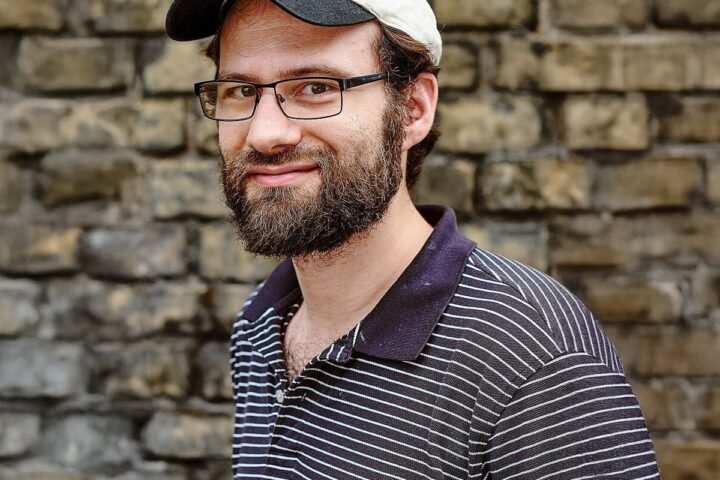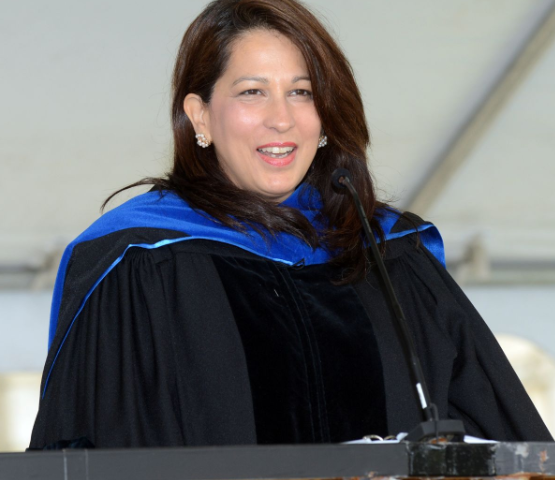Maria Falzone is a famous comedian with over 30 years of experience in the United States and Europe, performing headlining shows and appearing on ABC, Showtime, and the HBO Aspen Comedy Festival.
She is also known for her college sex education program called, “Sex Rules,” a show dedicated to teaching students about safe sex in a bright and hilarious way. Falzone left a great impact on students all across the country by visiting hundreds of campuses every year and continuing an important conversation about body image, self-esteem, STIs, and better communication about sex.
During the show, Falzone shares her own story about an unfortunate incident contracting an STI from a friend that inspired her to reflect on personal responsibility and to prevent that from happening to others. After sharing, she makes sure to get to the humorous “sex rules” that engages students to interact with these topics in a different way.
However, in the summer of 2018, Falzone was diagnosed with terminal liver bile duct cancer, giving her 4-6 months left to live. That being said, she is motivated now more than ever to reflect on her past career and to emphasize the key points to sexual education she hopes everyone can abide by in her passing.
Her experiences in communicating about sex has taught her both the positive transformation of attitudes towards sex and what’s left to be done. One of her primary lectures at Indiana State resulted in booing from the crowd because of her discussion about LGBTQ issues; now the same campus is cheering at the prospect of rooming with a gay roommate. As Falzone recognizes her success, she is also wary that there is still people intimidated by the stigmatized nature of sex and hopes that her work is continued.
Carmen Fuentes, a sophomore majoring in economics said, “When I was taking sexual education in the 9th grade, all we really learned about sex was to not do it, and all the negative outcomes if we do. We never really learned how to go about it if we did decide to have sex.”
Something else Falzone wants to make sure the youth knows is that there are alternative ways to figure out whether two people are ready to have sex rather than the old-fashioned mindset. Rather than having to love someone to have sex, she believes that there are a few ways to measure whether or not young adults are ready. One way is to assess the level of comfort between the couple, for example whether or not having sex with the lights on is something that they would be able to do comfortably. Another way is making sure that both persons involved knows how they like to be touched and their level of consent to the other person.
The last takeaway from Falzone’s career is her wish for sex education to start at home and at a young age. She believes parents should be the primary resource for teenagers and young adults to learn more about sex, and any school programming should only be supplemental to what is learned from parents. This includes breaking down the barriers young ones feel stand in the way between them and having the conversation with their parents, and vice versa.
Lastly, but certainly not least, Falzone believes that prevention of sexual assault is dependent on parents being able to teach children about their genitals and what is appropriate or inappropriate touching at the start of infancy. Predators are given an advantage if a child doesn’t know about their genitals, especially when a child may have limited abilities such as autism.
Through continuously spreading her message, Falzone hopes to leave a legacy behind to better increase communication and education about sex in order for college students, young adults, and teenagers to all feel comfortable facing new challenges the closer their lives lead to adulthood.
“Sex is also such an intimate act, but for some reason it’s usually seen as a negative thing when people, especially women, reveal that they are sexually active,” Marianna Albines, a sophomore majoring in Psychology, says. “I think Maria Falzone was successful in her work because sex is usually seen as a taboo or vulgar topic, but she was able to present it in a way where people were more open to discussion, and using comedy to dumb down a heavy topic helped in capturing many people’s attention.”














